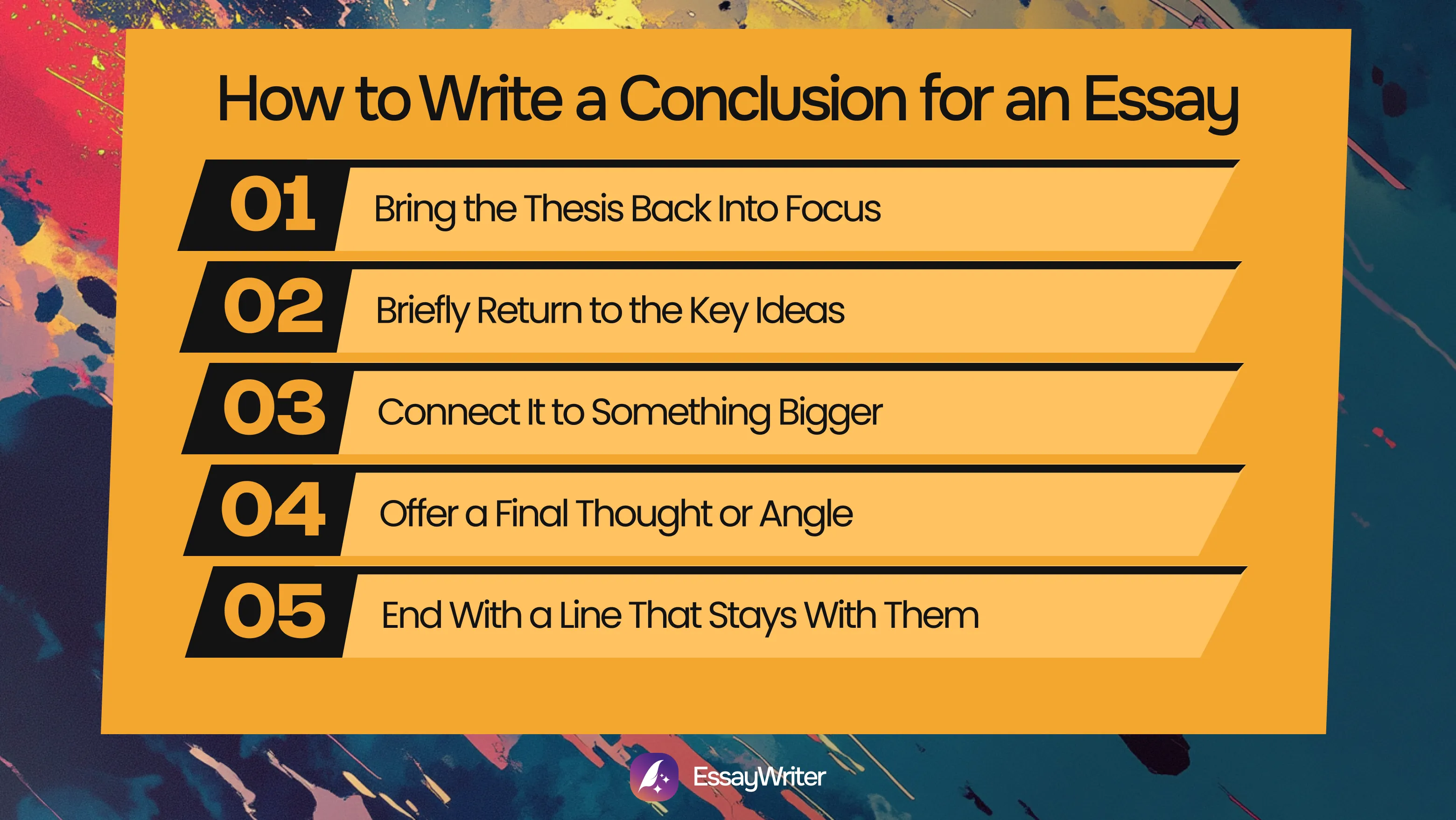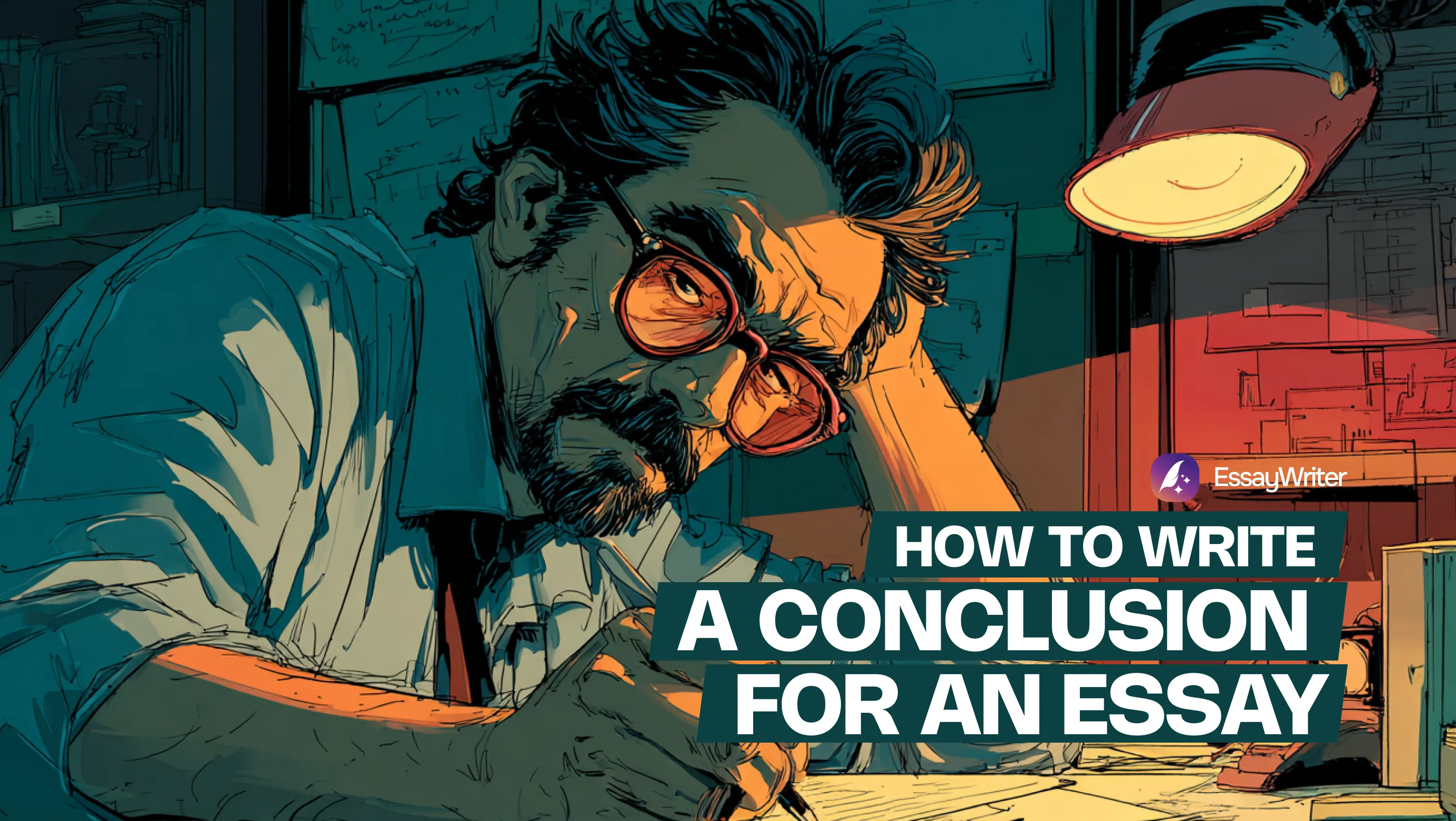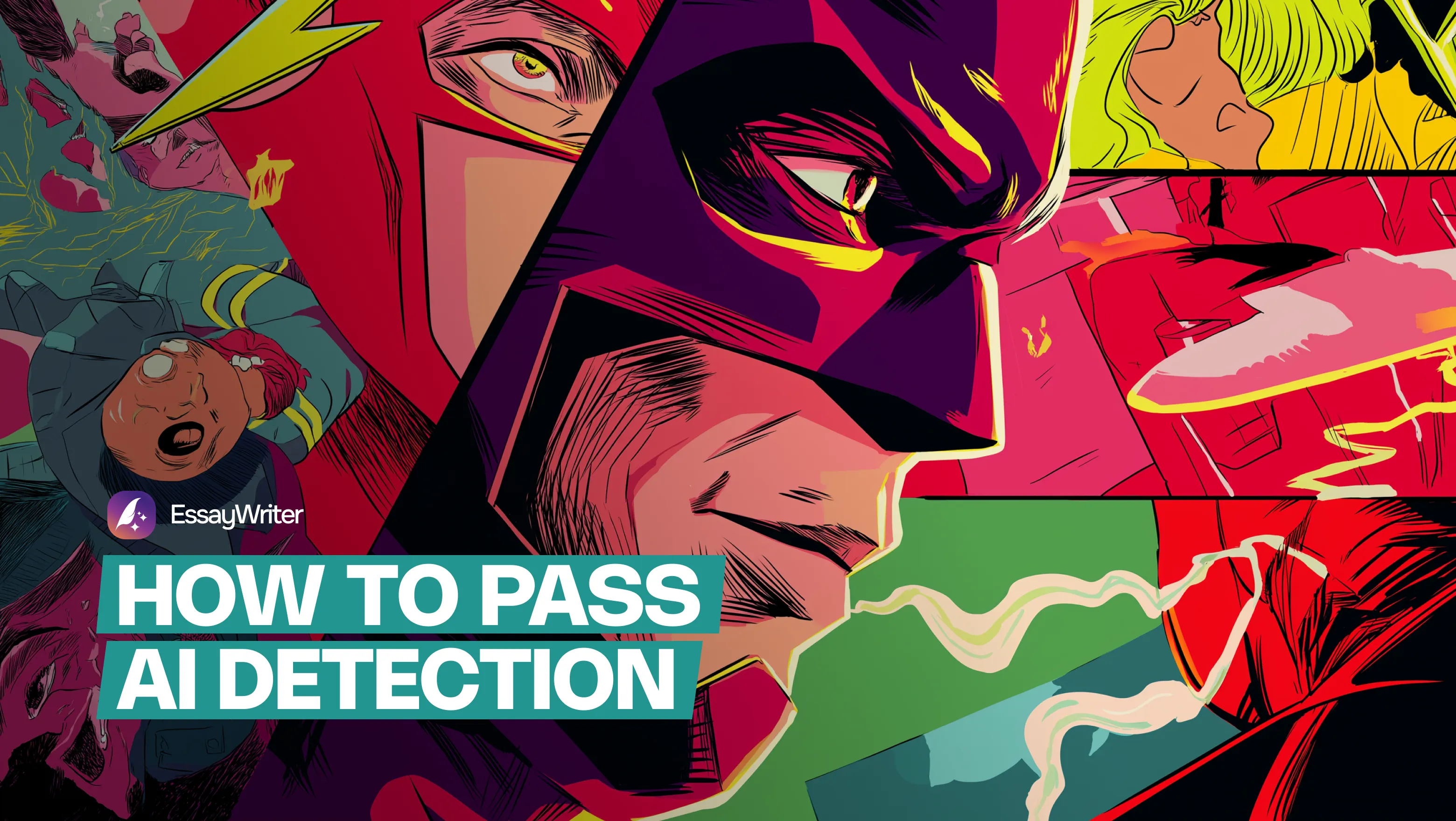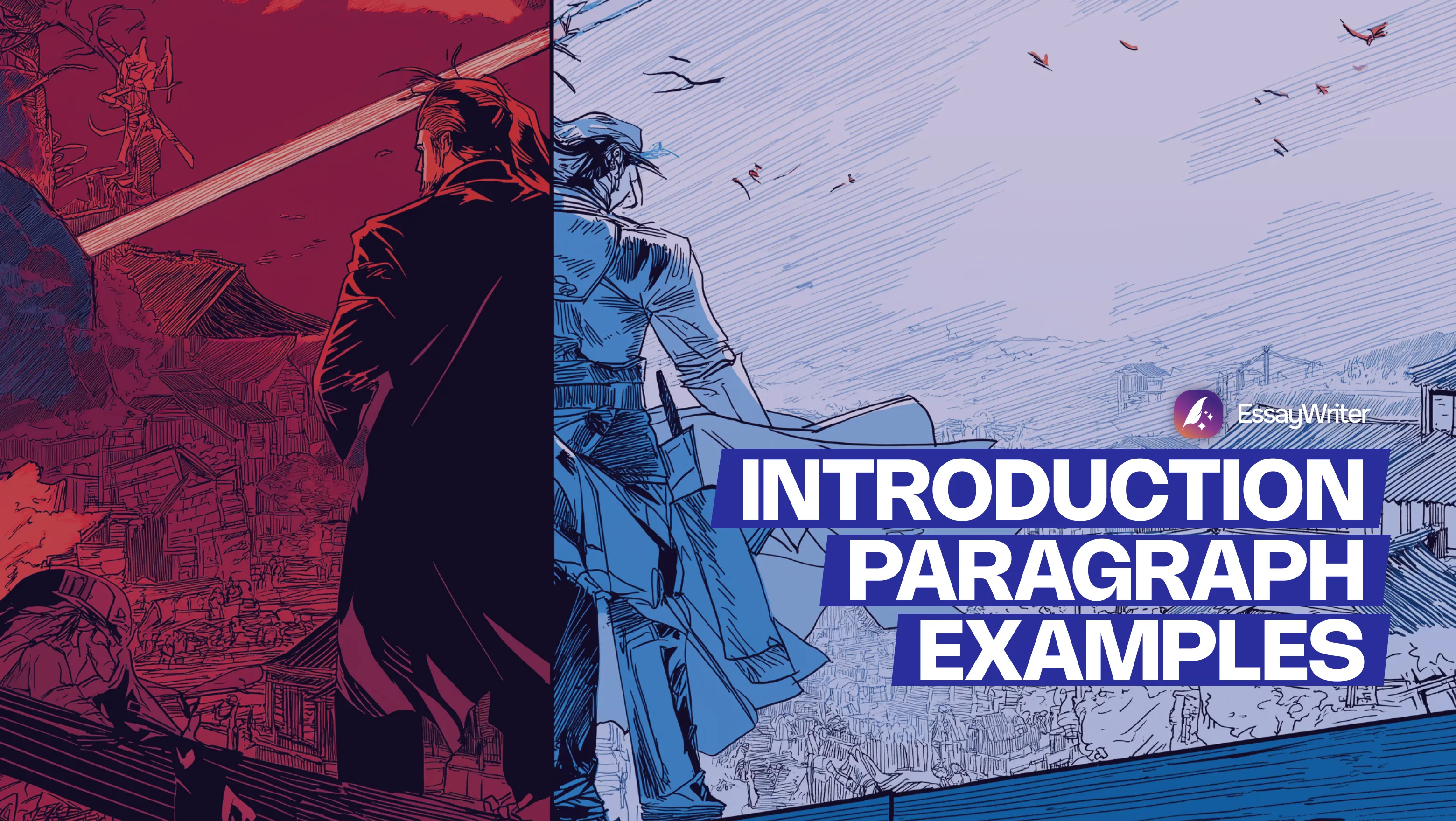Key Takeaways
- Learn what actually belongs in a conclusion and what doesn’t
- Find out how to restate your thesis without sounding repetitive
- Discover simple ways to give your essay a stronger final impact
- Understand how to leave your reader with something meaningful
You’ve made your case. You’ve explained the thing, supported it, probably stared at the screen way too long, and now you’re supposed to end it. And not just stop, but end it well. That’s the real trick, isn’t it?
Here’s how most strong conclusions come together:
- You return to your thesis, not copy-paste, but a cleaner, sharper version of it
- You briefly touch the key points again, not all, just the ones that hold the whole thing together
- You offer some sense of meaning, why it matters, what it connects to, and why we should care
- You end it in a way that feels finished, not dramatic, not rushed, just right
This article will teach you how to conclude an essay without dazzling or adding a bunch of new ideas.
Still stuck on the last paragraph? It happens to everyone. That’s where EssayWriter’s AI essay writer steps in. Whether you’re writing the whole thing or just trying to make the ending land, it’s a place to get help that actually feels helpful.
Write Smarter, Not Harder
AI for the first draft. Human writers for the final polish.
Get Writing Help
How to Write a Conclusion for an Essay
A conclusion is the part that brings your ideas full circle. In the sections below, you’ll learn how to write an effective conclusion paragraph.

Bring the Thesis Back Into Focus
The end of your essay should echo the beginning, but with more clarity. You’re not repeating your thesis word-for-word. You’re showing how the body of your essay has shaped it. At this point, your reader has walked through the evidence with you. Now’s your chance to bring it all home.
Think of it like this: the introduction introduces your argument. The conclusion revisits it with a deeper, more informed tone.
You can do this by:
- Rewording the original thesis to reflect what’s been argued
- Making it feel like a natural outcome of the essay, not a copy/paste
- Reminding the reader: this was the point, and this is where we landed
Briefly Return to the Key Ideas
You don’t need to recap everything. Just touch the moments that mattered most. The ones that made your argument feel real or shifted the conversation forward.
Your goal here is to leave a trail of highlights that lead right back to your point.
You might:
- Mention the strongest piece of evidence
- Refer back to one key quote or data point
- Tie two ideas together that support your argument
The trick is to keep it short. No laundry lists, no retelling the whole paper. Just a few lines to remind the reader of what made the essay worth reading.
Connect It to an Important Idea
Now’s the time to answer the quiet question behind every essay: so what?
Why does this idea matter? Why now? Who else should care? The best conclusions don’t just wrap things up. They stretch the reader’s thinking. They open a window.
This could mean:
- Linking your topic to real-world impact or personal relevance
- Showing how it applies to our daily lives, current events, or broader issues
- Inviting the reader to see something differently than they did at the start
And if you’re writing for the digital world, clarity and tone matter more than ever. (See our guide on how to humanize AI text if you're blending automation and originality.)
Offer a Final Thought or Angle
Sometimes it helps to step slightly outside the frame. Not to change the subject, but to leave your reader with a sense that the topic lives beyond the page. That there’s more to explore, more to consider, more ways this idea fits into real life.
Try ending with:
- A thought-provoking observation
- A small insight that wasn’t fully explored earlier
- A quiet call to think more, dig deeper, or act
It should feel like you're walking away from the conversation with intention, not sneaking out of the room.
End With a Meaningful Line
Every conclusion of an essay deserves a last sentence that lands. This doesn’t mean it has to be poetic or profound; it just has to feel final.
A weak closing line can make an otherwise strong essay feel unfinished. A good one makes everything before it feel stronger.
Some ideas to consider:
- Reconnect the opening line to bring the essay full circle
- Offer a powerful image or word that lingers
- Leave the reader with a simple truth, clearly said
What Your Conclusion of an Essay Should Not Include
Before you hit submit, take one last look at your conclusion and double-check it doesn’t include any of these common slip-ups. A good conclusion is thoughtful, not lazy. Here's what to steer clear of:
Introducing New Arguments
If the reader hasn’t seen it before the final paragraph, now’s not the time to drop it in. New ideas deserve space, evidence, and context. Not a rushed mention at the very end.
Apologizing or Undermining Your Own Work
Phrases like ‘I might be wrong,’ ‘This is just one opinion,’ or ‘There could be better ideas’ weaken everything you just wrote. Confidence counts, even if you’re still learning.
Copying the Introduction
You’re not writing a bookend. You’re writing the closing note. If your conclusion sounds like your intro in different clothes, rewrite it. Your essay’s grown. Let the conclusion show that.
Ending with a Cliché
‘In conclusion,’ ‘To sum up,’ or ‘At the end of the day,’ we’ve all seen them a hundred times. You don’t need them. Just say what you mean and stop when it feels right.
And if you're citing sources or working with repeated material, be mindful of the line between reference and reuse. Here’s a helpful breakdown on why is self-plagiarism bad.
Wrapping It All Up
A strong conclusion leaves things clear, complete, and maybe even a little thoughtful. Here’s the gist:
- Don’t just summarize. Pull it all together
- Reword your thesis with more clarity
- Touch the key points, but keep it brief
- Show why it matters
- End with a line that feels final
If that last paragraph’s giving you trouble, EssayWriter can help. Whether you need assistance to get started or a real writer to polish your ending, it’s a go-to spot for writing that makes sense.
FAQs
What Is a Conclusion in an Essay?
It’s the final paragraph where you bring everything together and remind the reader what it all meant.
What Is a Good Conclusion for an Essay?
One that feels finished. It restates your main idea, touches your key points, and ends with something clear and meaningful, without dragging it out.
- University of Newcastle Library. (n.d.). Essay writing: Conclusion. https://libguides.newcastle.edu.au/how-to-write-an-essay/conclusion
- Harvard College Writing Center. (n.d.). Conclusions. https://writingcenter.fas.harvard.edu/conclusions
Recommended articles



